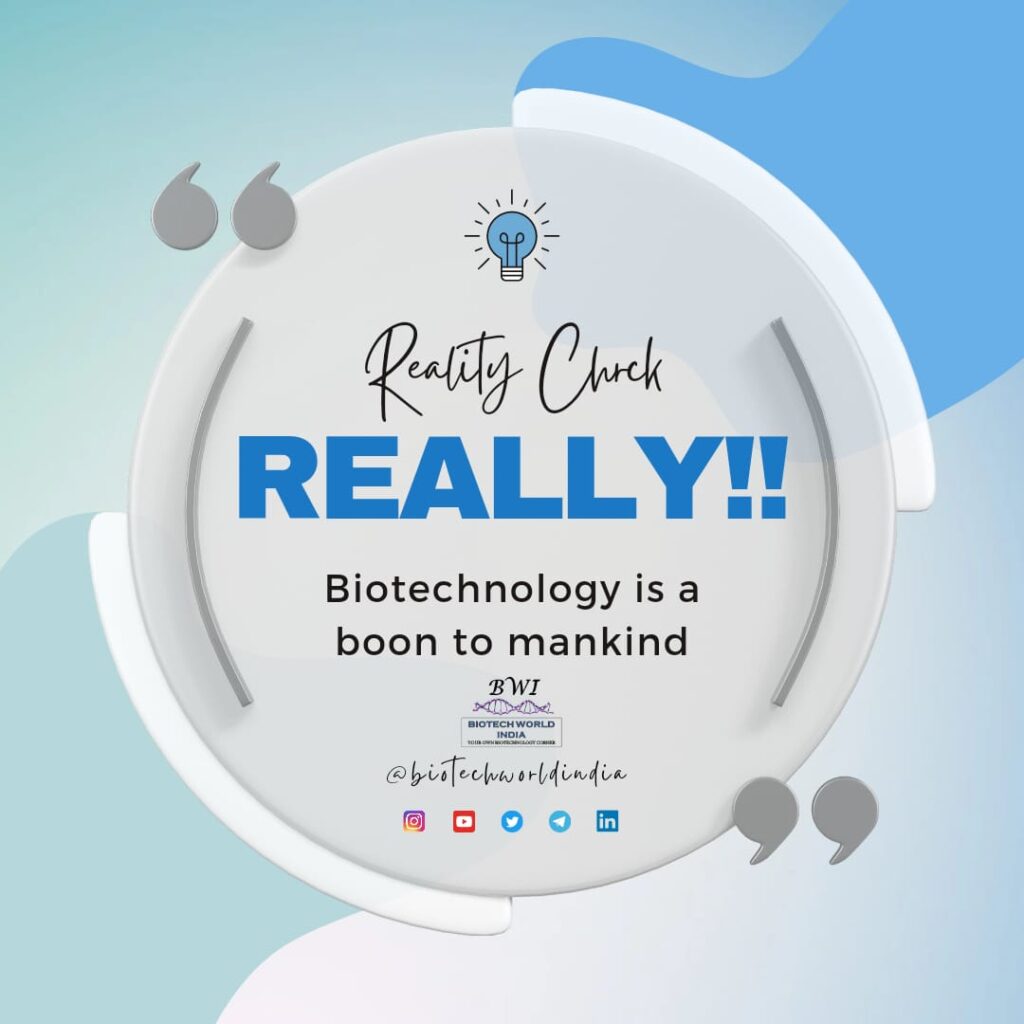The field of biotechnology has revolutionized the way we live, work, and interact with the world around us. By harnessing the power of living organisms, biotechnology has made significant strides in medicine, agriculture, environmental protection, and various other industries. In this article, we will explore how biotechnology has become a boon to mankind, offering numerous benefits and solutions to some of the most pressing challenges humanity faces today.

Advancements in Medicine
Biotechnology has transformed the landscape of modern medicine, improving healthcare outcomes and enhancing the quality of life for millions of people. One of the most significant contributions is in the field of pharmaceuticals. Biotechnologically engineered drugs, also known as biologics, have proven to be highly effective in treating complex diseases like cancer, autoimmune disorders, and genetic conditions. These medications are often more targeted and have fewer side effects than traditional drugs, providing patients with a better chance of recovery and a higher standard of living.
Additionally, biotechnology has revolutionized diagnostic techniques, allowing for more accurate and early detection of diseases. Advances in genetic testing have enabled personalized medicine, tailoring treatments to an individual’s genetic makeup, further enhancing efficacy and reducing adverse effects.
Agricultural Advancements
Feeding the ever-growing global population is a major challenge, and biotechnology has played a crucial role in enhancing agricultural productivity. Genetically modified crops have been developed to withstand pests, diseases, and harsh environmental conditions, leading to increased yields and improved food security. Biotechnology also enables the production of crops with enhanced nutritional content, helping to combat malnutrition in vulnerable populations.
Moreover, bioengineered agricultural practices have reduced the reliance on harmful pesticides and fertilizers, promoting sustainable farming methods that are gentler on the environment and protect biodiversity.
Environmental Sustainability
The impact of human activities on the environment has led to pressing issues such as climate change, pollution, and resource depletion. Biotechnology offers innovative solutions to address these challenges and move towards a more sustainable future.
Bioremediation, for example, employs microorganisms to degrade and detoxify pollutants in the environment. This process can help clean up contaminated soil and water, restoring ecosystems that have been affected by industrial activities.
Furthermore, biotechnology plays a significant role in the production of biofuels, which are renewable and less carbon-intensive than fossil fuels. Biofuels have the potential to reduce greenhouse gas emissions and mitigate the effects of climate change.
Industrial Applications
Biotechnology has not only impacted healthcare, agriculture, and the environment but has also found applications in various industries. For instance, enzymes produced through biotechnological processes are widely used in the textile, detergent, and paper industries, reducing energy consumption and waste generation.
Moreover, the field of synthetic biology has paved the way for the development of bio-based materials and chemicals, offering eco-friendly alternatives to conventional petroleum-based products.
Research
Advancements in biotechnology have greatly accelerated scientific research across disciplines. Techniques such as gene editing, CRISPR-Cas9, and stem cell technology have opened up new possibilities in understanding diseases, human development, and genetics.
These tools have the potential to unlock cures for previously incurable diseases, promote tissue regeneration, and improve overall health and longevity.
Biotechnology has undoubtedly emerged as a boon to mankind, transforming our world in countless positive ways. From advanced medical treatments and improved agricultural practices to environmental sustainability and scientific breakthroughs, biotechnology has the potential to address some of the most significant challenges facing humanity.
However, it is essential to strike a balance between the benefits and ethical considerations associated with biotechnology. Responsible and regulated use of these technologies is crucial to ensure that the benefits are maximized while minimizing any potential risks. With continuous advancements and responsible application, biotechnology will continue to be a driving force in shaping a better and brighter future for all of humanity.
